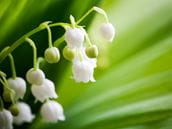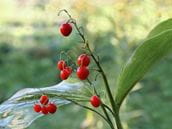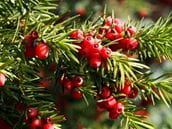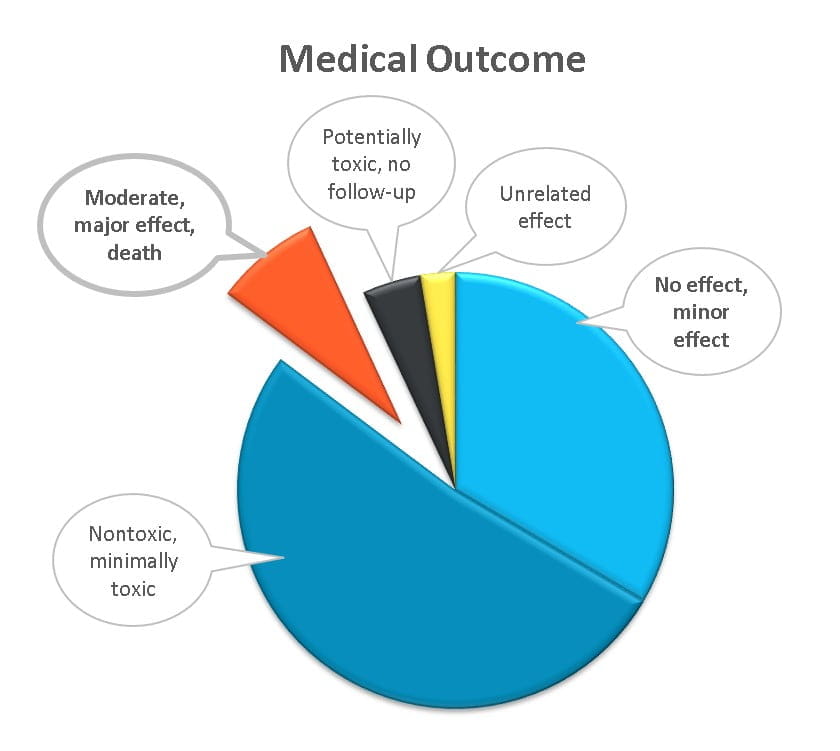
Lily of the valley is very poisonous
Lily of the Valley is a sweet-scented and very poisonous flowering plant. All parts of the plant, including its red berries, contain numerous cardiac glycosides, which slow down the heart and cause irregular heart rhythm. It is one of many reasons to watch children closely when they play outdoors.













